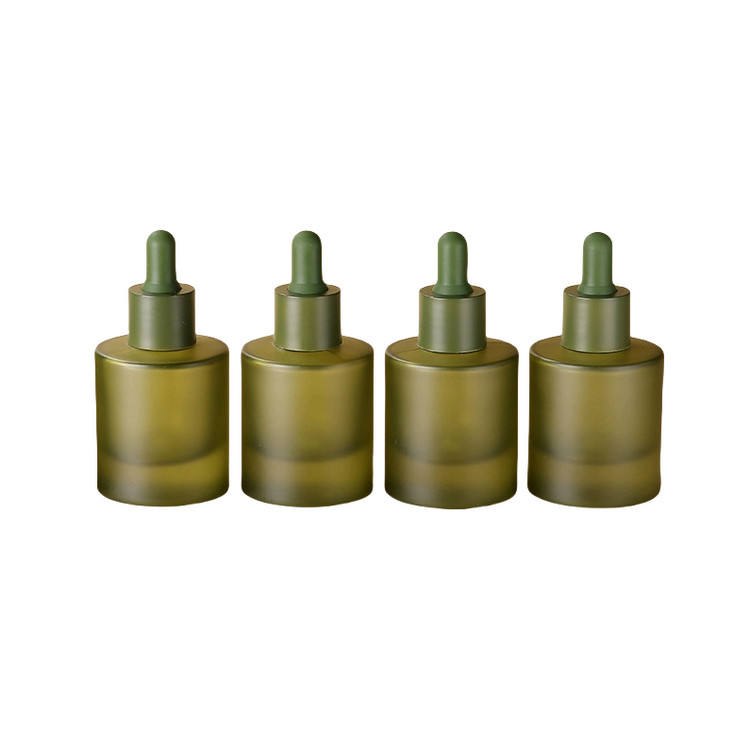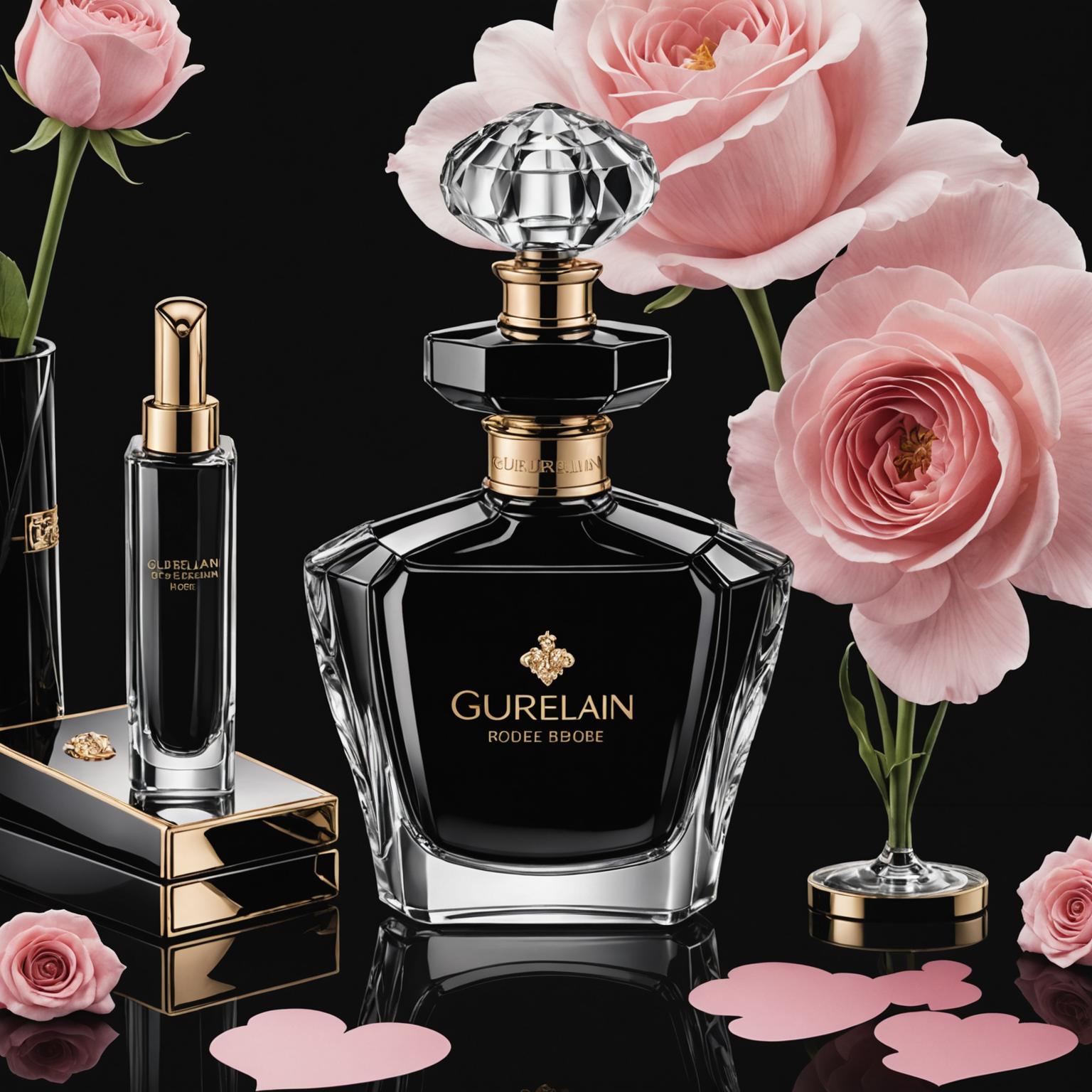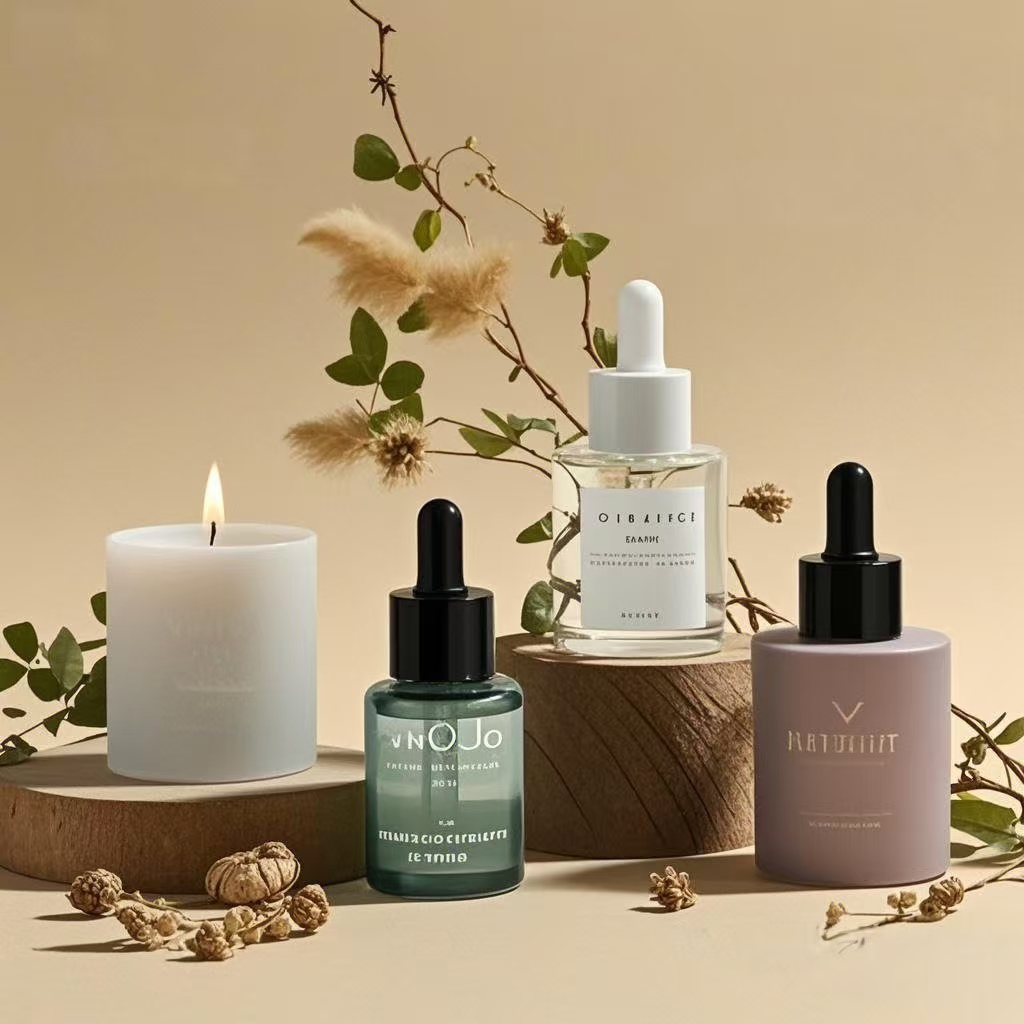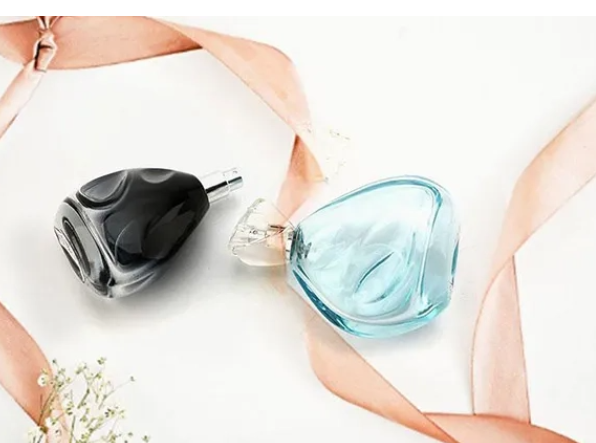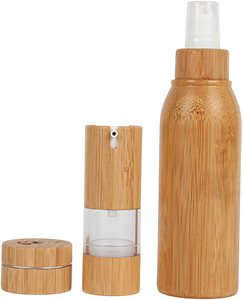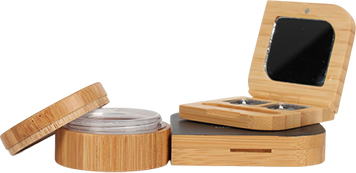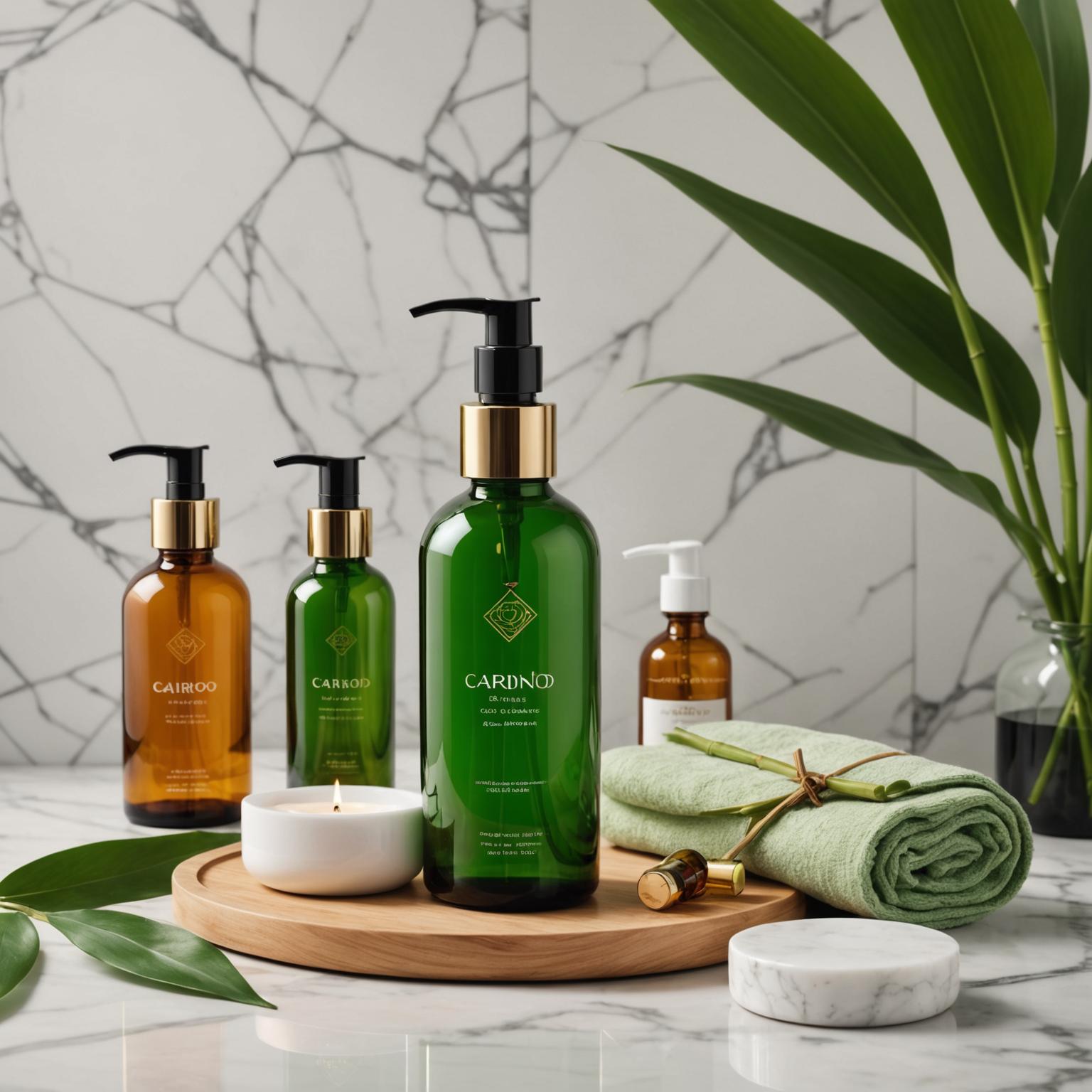Why Choosing the Right Essential Oil Bottle Production Factory Is Non-Negotiable
An essential oil bottle production factory isn’t just a "supplier"—it’s a core partner in your product’s success. Unlike generic packaging factories, specialized essential oil bottle factories understand the unique requirements of storing volatile, light-sensitive oils. Cutting corners here can lead to damaged products, customer complaints, and long-term brand harm.
1. Quality Control: Built for Essential Oil Specifics
Professional essential oil bottle factories prioritize features that protect your oils, which generic factories often overlook:
-
Material selection: They use high-grade borosilicate glass (resistant to temperature changes and chemical corrosion) instead of ordinary soda-lime glass, which can leach substances into oils over time.
-
Sealing technology: They integrate food-grade silicone gaskets and precision-threaded caps to prevent leakage and oxidation—critical for preserving oils like frankincense or peppermint.
-
Light protection: They offer amber, dark blue, or green glass options (standard for essential oil packaging) to block UV rays, which break down oil compounds and reduce efficacy.
These quality checks aren’t optional—they’re the foundation of ensuring your oils reach customers in perfect condition.
2. Customization: Align with Your Brand Identity
Generic factories often only offer one-size-fits-all bottles, but a specialized essential oil bottle production factory can tailor packaging to your brand:
-
Bottle design: From sleek cylindrical shapes to unique square or oval forms, they can create custom molds (for large-volume orders) to make your product stand out.
-
Branding options: They provide screen printing, hot stamping, or frosted logos—ensuring your brand is visible and professional, even on small 5ml or 10ml bottles.
-
Accessory matching: They pair bottles with compatible droppers (glass or plastic), childproof caps, or sprayers—eliminating the hassle of sourcing accessories from multiple vendors.
For brands aiming to build recognition, this level of customization is a game-changer.
3. Production Capacity: Meet Your Bulk Demand
If you’re scaling your business, a factory’s production capacity matters more than you think. Professional essential oil bottle production factories offer:
-
Stable output: They have multiple production lines to handle bulk orders (100,000+ bottles) without delays—critical for meeting seasonal peaks (e.g., holiday sales).
-
Consistent quality: They use automated inspection tools (like visual scanners for defects) to ensure every bottle in a bulk order meets the same standard—no "hit-or-miss" quality.
-
Flexible lead times: They can adjust production schedules for urgent orders (e.g., restocking a best-selling oil) and provide clear timelines (usually 15–45 days for custom orders).
Choosing a factory with limited capacity can leave you stuck with stockouts or rushed, low-quality bottles—both of which hurt sales.
5 Critical Tips for Sourcing Bulk Essential Oil Containers
When you’re ready to order bulk essential oil containers, "quantity" shouldn’t overshadow "quality." Rushing to buy cheap bulk bottles often leads to wasted money (from defects) and frustrated customers. Follow these tips to get the best value for your investment.
1. Define Your Exact Container Requirements First
Before contacting suppliers, clarify the details that will shape your bulk order—this avoids miscommunication and costly revisions:
-
Size: Do you need 5ml (sample), 10ml (retail), 30ml (family), or 100ml (bulk) containers? Align sizes with your target audience (e.g., 5ml for travel-sized sets, 30ml for regular customers).
-
Material: Glass is the gold standard for essential oils (non-reactive), but plastic (PET or HDPE) may work for budget-friendly or travel lines (ensure it’s BPA-free).
-
Accessories: Will you pair bottles with droppers (1ml or 0.5ml), caps (childproof or standard), or labels? Include these in your bulk order to avoid mismatched parts.
Writing down these requirements keeps your search focused and helps factories provide accurate quotes.
2. Verify Material Certifications for Safety
Bulk essential oil containers must meet global safety standards—especially if you sell internationally. Ask factories for:
-
Food-contact certifications: FDA (U.S.), CE (EU), or LFGB (Germany) for glass or plastic containers. These confirm no harmful chemicals will leach into oils.
-
Sustainability credentials: If your brand prioritizes eco-friendliness, ask for recycled glass options or factories with ISO 14001 (environmental management) certification.
Never skip this step—non-compliant containers can lead to product recalls or bans in key markets.
3. Test Samples for Real-World Performance
Before placing a bulk order, request 5–10 samples and test them rigorously:
-
Leak test: Fill bottles with water (simulating oil), tighten caps, and invert them for 48 hours. No leakage means the seal is reliable.
-
Dropper functionality: If using droppers, check if they dispense consistent amounts (e.g., 1 drop per squeeze) and don’t get stuck or leak.
-
Durability: Drop a filled bottle from waist height (to simulate shipping) and see if it cracks—high-quality glass should withstand minor impacts.
A few defective samples are a red flag—they mean your bulk order will likely have the same issues.
4. Calculate Total Cost (Not Just Unit Price)
The "unit price" of bulk essential oil containers is only part of the cost. Factor in these hidden expenses to avoid budget surprises:
-
Shipping fees: Bulk orders are heavy—ask if the factory offers free shipping or discounted rates for full containers (FCL vs. LCL for international orders).
-
Defect rates: Ask the factory for their guaranteed defect rate (ideally ≤2%). If it’s higher, negotiate a discount or free replacements for defective bottles.
-
Customization costs: Mold fees for custom bottle shapes or premium printing (e.g., gold foil) add up—get a detailed breakdown upfront.
For example, a factory offering $0.5 per bottle may be cheaper than one at $0.45 if the latter charges $500 for shipping and has a 5% defect rate.
5. Negotiate MOQs to Fit Your Business Size
Many factories set high minimum order quantities (MOQs) for bulk containers (e.g., 50,000 bottles), but this isn’t always non-negotiable:
-
For small brands: Ask for "trial bulk" orders (e.g., 10,000 bottles) in exchange for a slightly higher unit price or a commitment to larger orders later.
-
For growing brands: Negotiate tiered pricing (e.g., $0.5 per bottle for 10,000, $0.45 for 50,000) to save money as you scale.
-
For large brands: Lock in long-term contracts (6–12 months) for bulk orders to get fixed pricing and priority production slots.
Don’t let high MOQs force you to overstock—good factories will work with your business’s needs.
When to Partner with a Dropper Bottle Trading Company (And How to Choose One)
For small-to-medium brands, working directly with an essential oil bottle production factory isn’t always feasible (high MOQs, long lead times). This is where a dropper bottle trading company adds value—they act as a bridge between factories and businesses, solving common procurement pain points.
3 Key Benefits of a Dropper Bottle Trading Company
Trading companies aren’t just "middlemen"—they offer unique advantages for brands with specific needs:
-
Lower MOQs: Unlike factories (which often require 50,000+ bottles), trading companies typically offer MOQs as low as 500–1,000 bottles. This is perfect for testing new products or restocking small batches.
-
Faster delivery: They keep popular dropper bottle sizes (5ml, 10ml, 15ml) in stock, so orders ship within 1–3 days (vs. 15–45 days for factory production).
-
One-stop sourcing: They can bundle dropper bottles with caps, labels, and boxes—saving you the time of coordinating with multiple suppliers.
For brands that need flexibility over volume, a trading company is a smarter choice than a factory.
How to Choose a Reliable Dropper Bottle Trading Company
Not all trading companies are trustworthy—some cut corners by selling low-quality or counterfeit bottles. Use these steps to vet them:
-
Check their supplier network: Ask which factories they work with and request the factories’ certification documents (FDA, CE). Reputable trading companies will be transparent about their sources.
-
Test sample quality: Order a small batch (100–200 bottles) first to check for defects, leakage, or poor dropper functionality. Avoid companies that refuse to send samples.
-
Review customer feedback: Look for reviews on B2B platforms (Alibaba, Thomasnet) or industry forums. Pay attention to comments about delivery times and after-sales support.
-
Clarify after-sales policies: Ask what happens if bottles arrive damaged or defective. Good trading companies offer free replacements or refunds within 7–14 days.
A reliable trading company will prioritize your brand’s success—not just making a sale.
Factory vs. Trading Company: Which Should You Choose?
The decision depends on your order volume, timeline, and customization needs. Use this table to compare:
| Comparison Factor | Essential Oil Bottle Production Factory | Dropper Bottle Trading Company |
|---|---|---|
| Minimum Order Quantity | High (50,000+ bottles) | Low (500–1,000 bottles) |
| Lead Time | 15–45 days (custom orders) | 1–3 days (in-stock orders) |
| Customization | Full (molds, printing, shapes) | Limited (minor printing only) |
| Unit Price | Lower (bulk discounts) | Slightly higher (service fees) |
| Ideal For | Large brands, long-term bulk orders | Small/medium brands, quick restocks |
4-Step Process to Find Your Perfect Packaging Partner (2025)
Whether you’re choosing an essential oil bottle production factory, sourcing bulk essential oil containers, or working with a dropper bottle trading company, follow this process to avoid mistakes and build a reliable supply chain.
Step 1: Map Your Business Needs
Start by answering these questions to define your priorities:
-
Volume: Do you need 1,000, 10,000, or 100,000+ containers per order?
-
Timeline: Do you need bottles in 1 week (urgent restock) or 1 month (planned production)?
-
Customization: Do you need unique bottle shapes/logos, or will in-stock options work?
-
Budget: What’s your per-bottle budget (including shipping and accessories)?
This clarity helps you decide between a factory, trading company, or hybrid approach (e.g., factory for bulk core products, trading company for small batches).
Step 2: Source Candidates Through Trusted Channels
In 2025, the best ways to find packaging partners are:
-
B2B platforms: Alibaba (global factories), Thomasnet (U.S.-based suppliers), or Europages (EU partners). Filter for "verified suppliers" or "gold members"—these have passed third-party checks.
-
Industry events: Trade shows like the International Packaging Exhibition (IPEX) or Aromatherapy Business Expo let you meet partners in person, inspect samples, and negotiate face-to-face.
-
Peer referrals: Ask other essential oil brand owners for recommendations. They’ll share honest feedback about factories/trading companies they’ve worked with.
Shortlist 3–5 candidates to evaluate further.
Step 3: Vet Candidates with Rigorous Checks
Don’t rely on sales pitches—verify each candidate’s credibility:
-
Background checks: For factories, ask for a production line tour (via video call) to confirm capacity. For trading companies, request proof of their factory partnerships.
-
Certification verification: Cross-check FDA/CE certificates on official databases (e.g., FDA’s Product Code Directory) to avoid fake documents.
-
Sample testing: As mentioned earlier, test samples for leakage, durability, and functionality. If possible, send a sample to a third-party lab for material safety testing.
Eliminate candidates that fail these checks—they’re not worth the risk.
Step 4: Sign a Detailed Contract
Once you’ve chosen a partner, formalize the agreement with a contract that includes:
-
Product specs: Bottle size, material, color, and accessory details (with photos as attachments).
-
Pricing and payment: Unit price, total cost, payment terms (e.g., 30% deposit, 70% before shipping), and currency.
-
Delivery terms: Shipping method, delivery date, and who covers costs if there are delays.
-
Quality guarantees: Defect rate limits, replacement/refund policies for defective bottles.
-
Confidentiality: For custom designs, a clause that prohibits the partner from sharing your designs with competitors.
A clear contract protects both parties and prevents misunderstandings down the line.
FAQ: Solving Common Essential Oil Packaging Questions
1. Is It Cheaper to Buy Bulk Essential Oil Containers from a Factory or Trading Company?
Factories offer lower unit prices (10–30% cheaper) for large orders (50,000+ bottles). Trading companies are more cost-effective for small orders (≤10,000 bottles) because their higher unit prices are offset by lower MOQs and no mold fees.
2. How Can I Ensure My Bulk Essential Oil Containers Are Eco-Friendly?
Choose factories that use recycled glass (ask for post-consumer recycled content percentages) or offer biodegradable plastic options. Look for certifications like ISO 14001 (environmental management) or BPI (compostable plastics) to verify sustainability claims.
3. What Should I Do If My Dropper Bottle Trading Company Sends Defective Bottles?
Refer to your contract’s quality guarantee clause. Reputable trading companies will offer free replacements or a full refund within 7–14 days. If they refuse, escalate the issue to the B2B platform (e.g., Alibaba’s dispute resolution team) if you ordered through one.
Conclusion: Turn Packaging into a Competitive Advantage
For essential oil brands, essential oil bottle production factories, bulk essential oil containers, and dropper bottle trading companies aren’t just "supply chain pieces"—they’re tools to build trust with customers. A high-quality bottle protects your oil’s efficacy, while the right partner ensures you never miss a sales opportunity due to stockouts or delays.
In 2025, the brands that thrive will be those that prioritize strategic packaging partnerships—ones that align with their volume, timeline, and brand values. Use this guide to make informed decisions, avoid common pitfalls, and turn your packaging into a reason customers choose your brand over competitors.
To help you put this guide into action, I can create a 《Essential Oil Packaging Partner Vetting Checklist》—it includes step-by-step checks for factories and trading companies, sample testing templates, and contract key terms, so you can confidently select your next packaging partner. Would you like this checklist?



